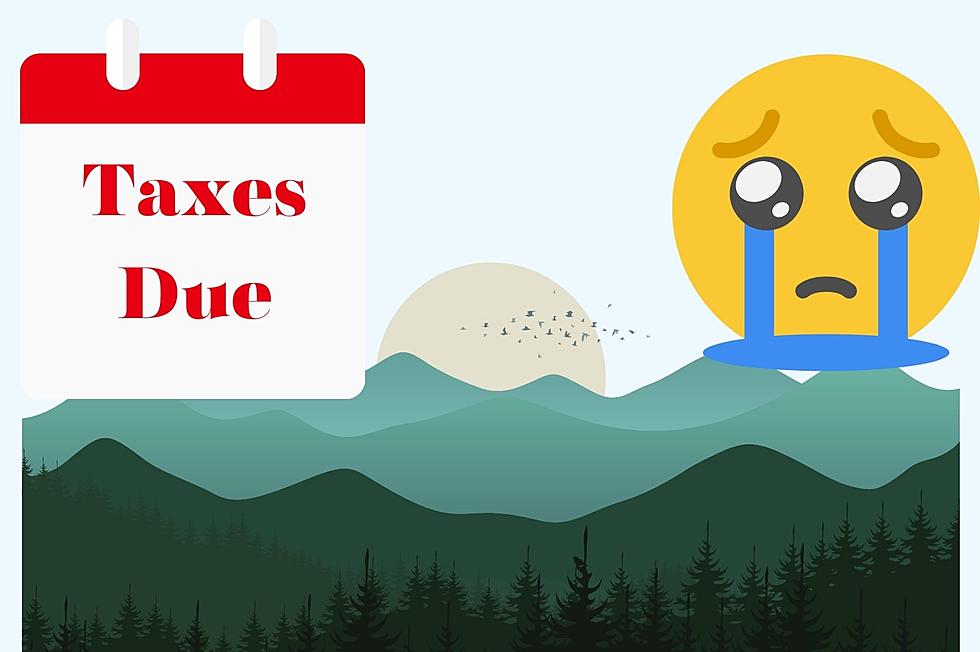
What Happens To That Tip You Give A Waiter?
Most of us tip something when dining out or in other circumstances while traveling. I always tip waitresses and waiters in restaurants. I tip the driver of the shuttle bus from my hotel to the airport. I usually leave a tip for the person who cleans my hotel room.
The amounts we tip are based primarily on personal preference. If good service was provided we tip accordingly. If service could have been better we often tip less or not at all.
How Are Tips Regulated?
Tipped employees are those who customarily and regularly receive more than $30 per month. Both Department of Labor and the Fair Labor Standards Act regulate tipped employees and their employers.
Tips are the property of the employee and the employer is prohibited from using the tips unless there is a “Tip Credit” or tip pool arrangement in place to assure that the employee is receiving minimum wage for their work.
Tip Regulations
Here are some guidelines you need to know if you receive tips or employ anyone who receives them.
- Tip Credit: Tipped employees have a starting wage of $2.13 per hour. Section 3(m) of the Fair Labor Standards Act allows an employer to take a “tip credit” toward the difference between $2.13 and the prevailing minimum wage. The maximum tip credit an employer can take is $5.12. The difference between $2.13 and the $7.25 minimum wage. If the waitperson does not make enough in tips to make $7.25 per hour the tip credit is used to pay the employee minimum wage. If an employee's tips combined with the employer's direct (or cash) wages of at least $2.13 per hour do not equal the minimum hourly wageof $7.25 per hour, the employer must make up the difference.
- Tip Pool: Those who regularly receive tips such as waiters, waitresses, bellhops, counter personnel, and bartenders often share their tips in a common tip pool. Tip pools MUST NOT INCLUDE those employees who do not normally receive tips such as dishwashers, cooks, chefs, or janitors.
- Non-Tip Duties: If an employee has non-tip duties in excess of 20 percent of the workweek time at the same establishment such as janitorial cleanup or dishwashing or dining set ups no tip credit may be taken for those tasks.
Some Final Thoughts
The employer is never entitled to any employees tip money for any reason. If employees tips do not total minimum wage for the hours worked the employer makes up the difference.
As you savor your after dinner drink and dessert keep in mind that the person serving you is probably only making $2.13 and hour. If they desire to make more than minimum wage at that job then they are hopefully going to give you superior service.
My wife and I can still remember the best waiter we ever had in a restaurant. Can you?
More From KMMS-KPRK 1450 AM









